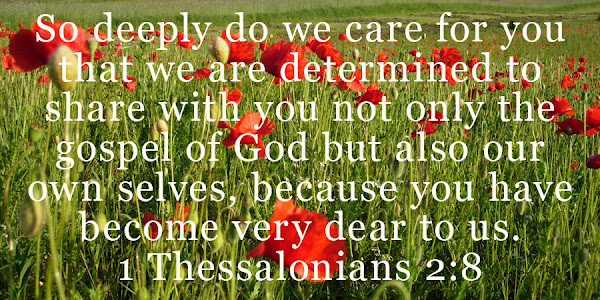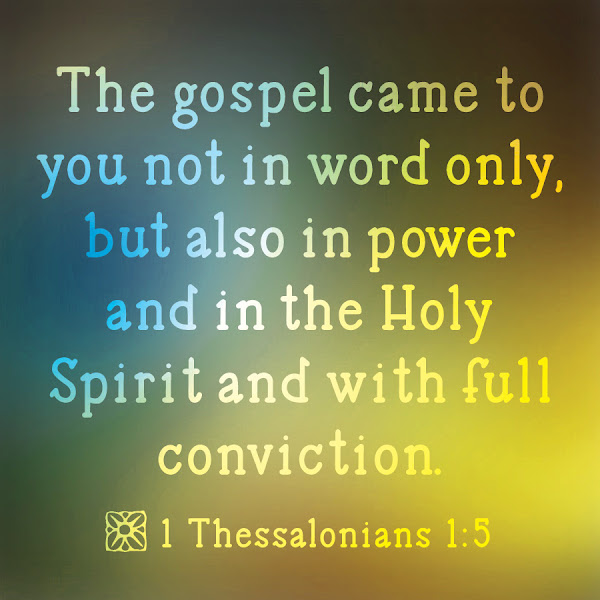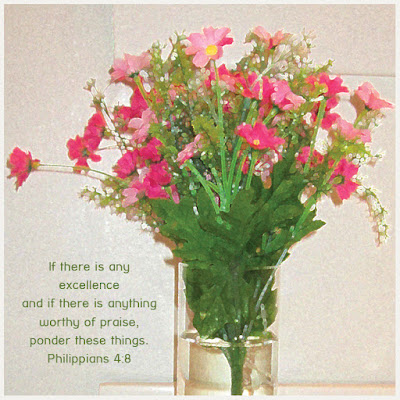that we are determined to share with you
not only the gospel of God but also our own selves,
because you have become very dear to us.
1 Thessalonians 2:8
Reformation 506
Most people know about Martin Luther nailing 95 theses to the front door of the Wittenberg Church on All Hallow's Eve, 1517. The church was the community center, the door the community bulletin board and with All Saints Day on November 1st being a holy day of obligation, everyone would notice and possibly read Luther's concerns. The sale of indulgences and supposed selling and buying salvation was Luther's immediate concern. Luther also had major reservations [understatement!] about:
• general papal corruption and overreach from ecclesiastical life into temporal politics
• clerical corruption, incompetence, and simony (selling and buying religious positions)
• essential loss of the scriptures because only hyper-educated people could read Latin and because most churches neglected interpretation and exposition of God's word, thereby also losing the essence of the sacraments
• misuse of tradition that turned past practices and even Fathers of the Church into lifeless relics rather than living ideas to inspire here and now
Reformation 2023
Here's a version of what I said last year for Reformation:
In this ecumenical twenty-first century, it may feel unfriendly to observe the Reformation that split the church (even though it restored the gospel). Because contemporary theology and practice of most Christian traditions and denominations – including the Roman Catholic – align with Luther's demands for change and renewal despite some differences, why not a special day to celebrate the sixteenth century Reformation, and for a church that's always reforming? The phrase Ecclesia semper reformanda attributed to Karl Barth, became a catch-phrase of Vatican II.
But let's not celebrate Martin Luther! Don't celebrate Jan Hus, the Czech reformer whose life bridged 14th and 15th centuries—did you know that Martin Luther said he stood "on the shoulders of Jan Hus"? Don't celebrate renewers of the church John Wesley, Jonathan Edwards, and Pope John XXIII. Celebrate God's grace and freedom in the love of Jesus Christ. Celebrate the church's mission and future. Celebrate the first fruits of the new creation in the reign of the Pentecostal Spirit of Life.
Lectionary
Every year's readings for Reformation are the same:
• freedom that is ours when we continue in God's word and abide in Christ – John 8:31-36
• justified before God by the faithfulness of Jesus Christ – Romans 3:19-28
• the new covenant promise of God's law on our hearts – Jeremiah 31:31-34
• Psalm 46 that Martin Luther loosely paraphrased to create his hymn, "A Mighty Fortress is Our God."
Claiming counsel to "preach the text, not the day," let's also look at scriptures for Sunday, Pentecost 22. At least for this year 2023, they're a great fit for a church that's always reforming. For people who always want to move closer to Jesus.
• Leviticus 19:1-2, 15-18 As God's people we can be holy (sanctified, set apart for a purpose), in the same way God is holy by acting with justice and loving our neighbors as ourselves.
• Psalm 1 tells us a blessed life means to delight in, meditate upon, and follow God's ways. That would be loving God, self, and neighbor.
• In Matthew 22:34-48 Jesus summarizes the commandments into a simple love God, neighbor, and self.
• The second reading continues Paul's letter to the church at Thessalonica. Though he can't physically be with them, he expresses love of the gospel and of the people.
• All four scriptures activate plain and simple love and concern for God, neighbor, and self.
1 Thessalonians 2:1-8
1 You yourselves know, brothers and sisters, that our coming to you was not in vain, 2 but though we had already suffered and been shamefully mistreated at Philippi, as you know, we had courage in our God to declare to you the gospel of God in spite of great opposition. 3 For our appeal does not spring from deceit or impure motives or trickery, 4 but, just as we have been approved by God to be entrusted with the message of the gospel, even so we speak, not to please mortals but to please God, who tests our hearts.
5 As you know and as God is our witness, we never came with words of flattery or with a pretext for greed, 6 nor did we seek praise from mortals, whether from you or from others, 7 though we might have made demands as apostles of Christ.
But we were gentle among you, like a nurse tenderly caring for her own children. 8 So deeply do we care for you that we are determined to share with you not only the gospel of God but also our own selves, because you have become very dear to us.
Loving our Neighbors
To conclude this Reformation reflection, Luther's explanations to the commandments in his Small Catechism describe life-giving love in action we can make in order to keep each command. For Thou shalt not kill, "We should fear and love God that we may not hurt nor harm our neighbor in his body, but help and befriend him in every need and danger of life and body."
For Thou shalt not steal, "We should fear and love God that we may not take our neighbor's money or property, nor get them by false ware or dealing, but help him to improve and protect his property and business that his means are preserved and his condition is improved."




